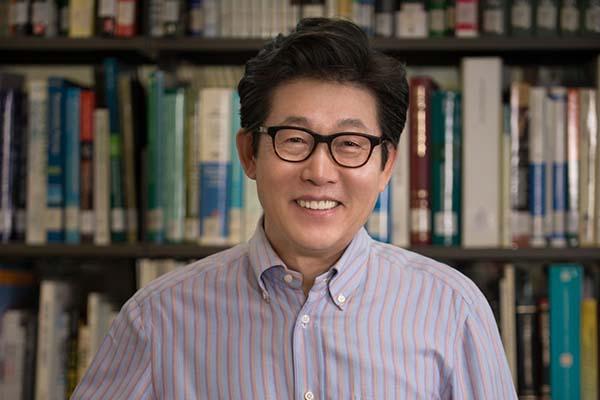
The Institute for Korean Studies presents:
"2050 Carbon Neutrality in South Korea - A Way to the Green Transformation of Society?"
Myung-Rae Cho
Dankook University
Abstract: Korea's green new deal and 2050 carbon neutrality were decided to begin in 2020 after heated debate. Scenarios and strategies for carbon neutrality in 2050 are currently being prepared under the direction of the Presidential Committee on Carbon Neutrality. The Framework Act on Carbon Neutrality and Green Growth will take effect early next year. Carbon net-zero in 2050 is only possible when Korea’s energy-intensive industrial system is reorganized. This means that achieving the goal of carbon net zero in 2050 presupposes a green transition in Korea's high-carbon society. This lecture focuses not only on the introduction of the Korean government's carbon neutrality policy in 2050 but also on promoting carbon neutrality for green transformation in Korean society.
Myung-Rae Cho is Professor Emeritus of Urban and Regional Planning, College of Social Science, Dankook University, South Korea, and Adjunct Professor of Environmental Policy, International Graduate School, Korea Development Institute. He was the 18th Minister of Environment of South Korea and the 11th President of Korea Environment Institute (affiliated to Prime Minister of South Korea).
He obtained his D.Phil in Urban and Regional Studies from University of Sussex, England, where he studied spatial political economy. He was Kookmin Bank Professor of Korean Studies, KIMP, Kazakhstan, and a visiting professor at a number of universities including University of Lancaster, University of Carleton and University of Sussex.
He has engaged in various advisory works for the public sector of Korea, such as Chair of the Committee of Sustainable Development and the Committee of Cheoggyecheon Restoration in the City of Seoul, Chair of the Special Committee of Administration Innovation in Chungnam Province, Members of the Presidential Commission on Sustainable Development and the Presidential Committee on Balanced Regional Development. He was also Chair of the Korea NGO Studies Association and the Korea Space and Environment Studies Association. Currently he leads a number of civil society organizations in Korea, such as Co-Presidents of the Citizens’ Coalition for Environmental Justice and the National Trust of Korea. Recently he was elected as President of the Korea Environmental and Social Governance (ESG) Association."
He has produced 86 books, among which nine books are authored by him. Three of his own books won the Award for Distinguished Academic Book from Ministry of Culture and Tourism and Korean Academy House. Recent books include Reading Society by Space, Green Constructionism and Environmental Crisis, Beyond Creative Cities, Globalization: Looking Back and Forwards.
